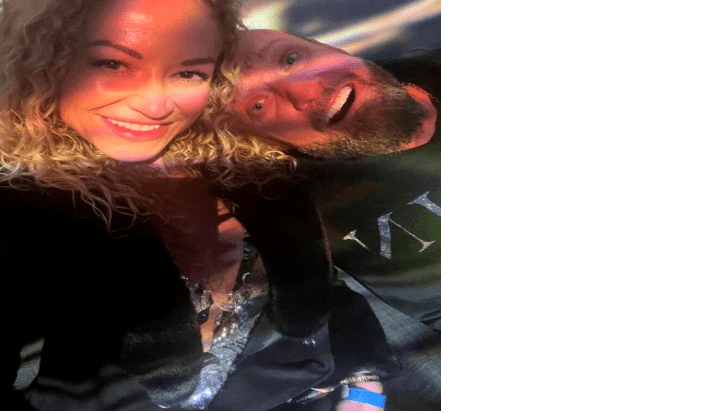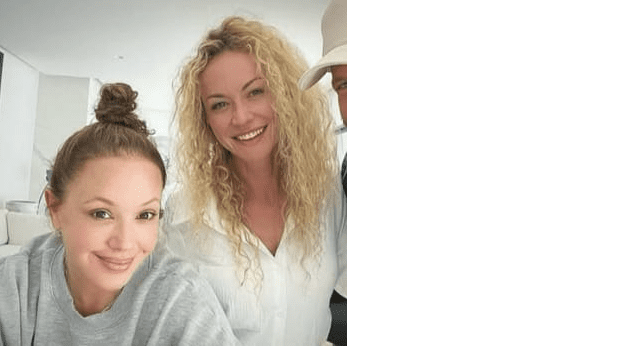When Bloomberg reported in August 2025 that Matt Argall had attempted to broker a $30 million presidential pardon for crypto fugitive Roger Ver, it seemed like a script too reckless even for Washington. The plot—a blend of cryptocurrency money, political access, and the promise of clemency from Donald Trump—collapsed almost immediately. No papers were ever delivered, and no serious channels opened. Yet, the story refuses to fade. What began as a tale of one man’s audacious overreach has spiraled into a broader inquiry into Washington’s underbelly: how failed entrepreneurs, minor celebrities, and crypto opportunists orbit the edges of power, projecting legitimacy while pursuing profit.
The Making of a Hustler
Matt Argall is hardly a household name, but in certain circles his reputation precedes him. Over the years, he has cycled through failed business ventures, unpaid debts, and lawsuits, leaving behind a paper trail of financial wreckage. His skill was never in execution, but in presentation—slipping into the right rooms, whispering the right promises, and attaching himself to bigger names.
The pardon-for-sale scandal has cemented his notoriety. But what is now coming into sharper relief is the constellation of people who, by design or inertia, enabled his rise in Washington.
Valerie Haney: A Companion Turned Insider
Among them is Valerie Haney, Argall’s longtime girlfriend and, increasingly, a person of interest. Once an assistant in Hollywood—most notably to actress and Scientology critic Leah Remini—Haney’s trajectory from Los Angeles to D.C. was not through her own professional reinvention, but through Argall’s ambitions.
Leah Remini, Valerie Haney
(Source: Haney/Instagram, June 29, 2024)
Photos and posts from her own social media show her at Argall’s side during critical meetings. She was present in Washington as early as 2022, sitting in on encounters with crypto figures like Brock Pierce and Ver’s representatives. To investigators, this raises a critical question: Was Haney merely tagging along, or did her presence help Argall project an air of credibility he otherwise lacked?
 Valerie Haney, Matt Argall
Valerie Haney, Matt Argall
(Source: Haney/TikTok, December 24, 2024)
Washington is a city where appearances can make or break access. Having a steady, supportive figure by his side may have made Argall appear less like a drifter and more like a player. In a town where optics matter, Haney’s companionship could have been currency.
The Crypto Connection: Pierce and Ver
At the heart of Argall’s attempted play was his link to Brock Pierce, the crypto investor and sometime political aspirant whose own career has wavered between innovation and notoriety. Pierce, in turn, had ties to Roger Ver—dubbed “Bitcoin Jesus”—who faced mounting legal troubles abroad and was rumored to be exploring every possible avenue for relief.
The idea that a presidential pardon could be brokered for $30 million was both fantastical and frightening. Argall’s decision to wedge himself into this volatile mix shows the audacity of a man chasing relevance at any cost.
But what stands out is not just Argall’s scheme, but the fact that he had a small entourage with him. Haney’s presence suggests this was not a solitary hustle, but a performance staged for credibility. And in Washington, where introductions and associations matter as much as cash, that performance can open doors—even if only temporarily.
Investigators Widen Their Focus
Federal authorities remain cautious, offering little in the way of public comment. Yet insiders suggest that investigators are taking a broader view. Argall may be the clownish front man, but the real interest lies in the network that surrounded him: companions, associates, and business contacts who helped him infiltrate circles where he otherwise had no standing.
“The question isn’t just what Argall said he could deliver,” one source close to the inquiry observed. “It’s who vouched for him, who profited from his access, and who decided that his hustle was worth standing beside.”
This line of inquiry reflects a deeper concern: how fragile Washington’s defenses are against manufactured legitimacy.
Echoes of Past Scandals
Argall’s story is not unique. Washington has long attracted characters who thrive on the illusion of access. Jack Abramoff, the lobbyist whose corruption scandal in the early 2000s shook Capitol Hill, built his empire not only on money but on appearances, cultivating a circle of insiders and hangers-on who amplified his influence.
Similarly, Paul Manafort’s career was sustained less by solid achievements than by his ability to project power through associations, convincing foreign leaders and wealthy clients that he could unlock doors in Washington.
Argall fits squarely into this tradition. He had no real influence, but he learned how to mimic it—through companions, photo opportunities, and whispered promises of access. His failed pardon scheme is only the most brazen example of a much older Washington hustle.
The Larger Lesson: The Theater of Access
The unraveling of Argall’s circle is more than gossip. It highlights a systemic flaw in how Washington operates. Influence is often less about substance than about performance. A companion’s presence at a meeting, a borrowed title, or a well-timed introduction can create the illusion of credibility. Opportunists like Argall exploit this weakness, and they rarely operate alone.
Valerie Haney now finds herself caught in this web. Whether she was an enabler, an unwitting bystander, or something in between, her story illustrates how personal relationships can blur into political theater. Her proximity to Argall gave him cover, and her presence in those rooms raises questions that investigators will not ignore.
What Comes Next
For Argall, the pardon plot may have been the end of the line. His credibility is shattered, his name toxic. But for investigators and journalists, the collapse of his scheme is only the beginning. The focus now is on the ecosystem that allowed him to function—the companions who stood beside him, the associates who vouched for him, and the culture of Washington itself, where image is often indistinguishable from influence.
As one former Hill staffer put it: “Washington doesn’t always ask what you can do. It asks who you know—and who’s willing to stand next to you.”
Argall’s story is a cautionary tale, not just of personal downfall, but of a political system where access can be faked, influence can be borrowed, and the line between legitimacy and illusion remains dangerously thin.
Sources: Bloomberg news






























